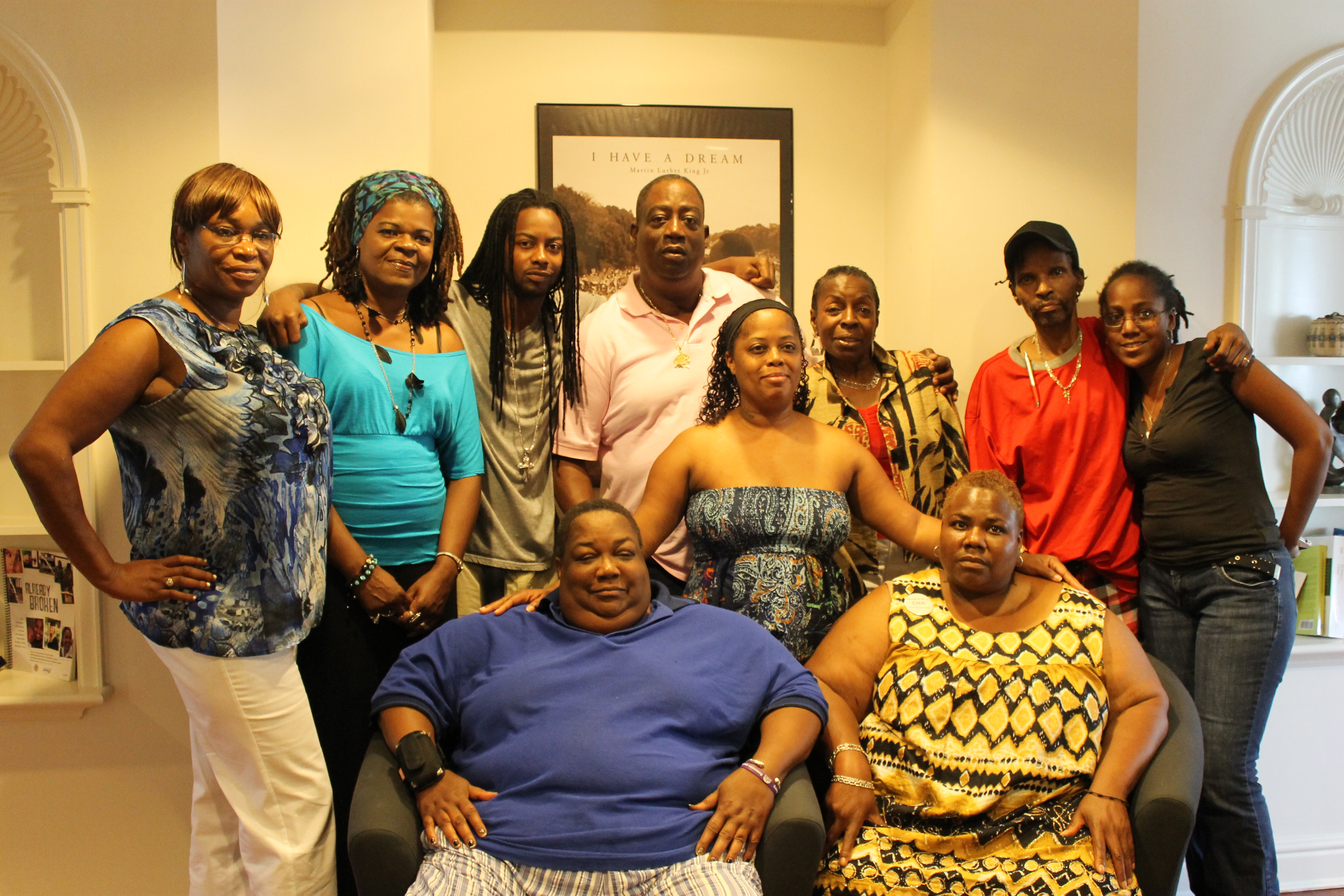
Washington, DC is host to the 19th International AIDS Conference this week. As leaders from around the world gather to address this global crisis, we reflect on the role of the Social Innovation Fund and our partners in the fight here at home.The Social Innovation Fund was established by the bipartisan Edward M. Kennedy Serve America Act in 2009 and is administered by the Corporation for National and Community Service.
Sarah* had been living with HIV for 10 years when she discontinued her treatment. After witnessing a murder in her neighborhood, she was afraid to leave her house for care. She was isolated, suffering from post-traumatic stress, and had to cope without HIV treatment for more than three years.
A Positive Pathways Community Health Worker discovered Sarah’s situation in July 2011 and reached out to her, calling her more than 10 times before she finally responded. With the support of the Health Worker and a medical case manager, Sarah began addressing her post-traumatic stress, secured safe and regular transportation to a treatment site, re-engaged in HIV care, and even received assistance with her housing needs.
Support from Within the Community
In Washington, DC, Community Health Workers are frontline support for hard-to-reach women suffering from untreated HIV and AIDS. Washington AIDS Partnership’s innovative Positive Pathways program recruits Health Workers from the city’s high-risk communities and trains them to help their neighbors overcome barriers to treatment.
Through the Community Health Worker network, Positive Pathways identifies out-of-care women, builds peer-based trust, teaches them about living with HIV, provides personalized assistance to help them navigate service systems, and supports them throughout the early part of their medical care until they become independently engaged.
Expanding Care to More People
Because of this innovative model for connecting with hard-to-reach women, the Washington AIDS Partnership received a $320,000 Social Innovation Fund grant through AIDS United in 2011. During the first eight months of implementation, the Washington AIDS Partnership contacted 2,367 individuals and enrolled 268 people who had been out of care. With additional funding from the Social Innovation Fund, the program aims to enroll 500 more people.
Nearly 14,500 people live with HIV or AIDS in Washington, DC. For almost half of these people—around 42 percent—there is no evidence that they are in care. Community Health Workers are making critical strides to enhance their health, quality and length of life, while also strengthening our collective efforts toward prevention.
Sarah’s story is part of our ongoing effort to highlight how social innovators are strengthening our communities and addressing social needs across the country. We hope stories like this inspire you to think creatively and take action in your own community.
*Sarah’s name has been changed to protect her privacy.
Jonathan Greenblatt is Director of the Office of Social Innovation and Civic Participation


